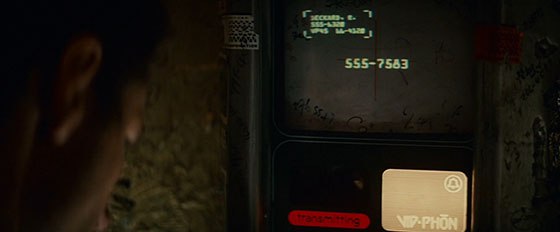Blade Runner universe is packed with references to our own: cities, advertising, popular singers, political institutions, etc. It's not our universe, since we are living 2018 and we are clearly not close to the achievements of this Universe technology (off-world colonies and replicants most exemplary). The geopolitical landscape it's pretty different too.
The 1982 movie is set in the future and could suffer from being too optimistic regarding the development of new technology, as it is risky to predict/imagine the worlds state only 40 years in the future. But Blade Runner 2049 has been released with knowledge that the technology is currently not feasible and the historical events are different, so (hopefully) someone involved may have thought of a reason for the different development of events.
In Phillip K Dick's novel (by the way, while writing this right now I get the K reference), nuclear war makes a clear changing point although others are possible (the introduction of one of the novel technologies for example). I don't know if such a motive was clearly stated for the films universe.
My question is: Do we know when and how did the film's universe became so different from our own?

